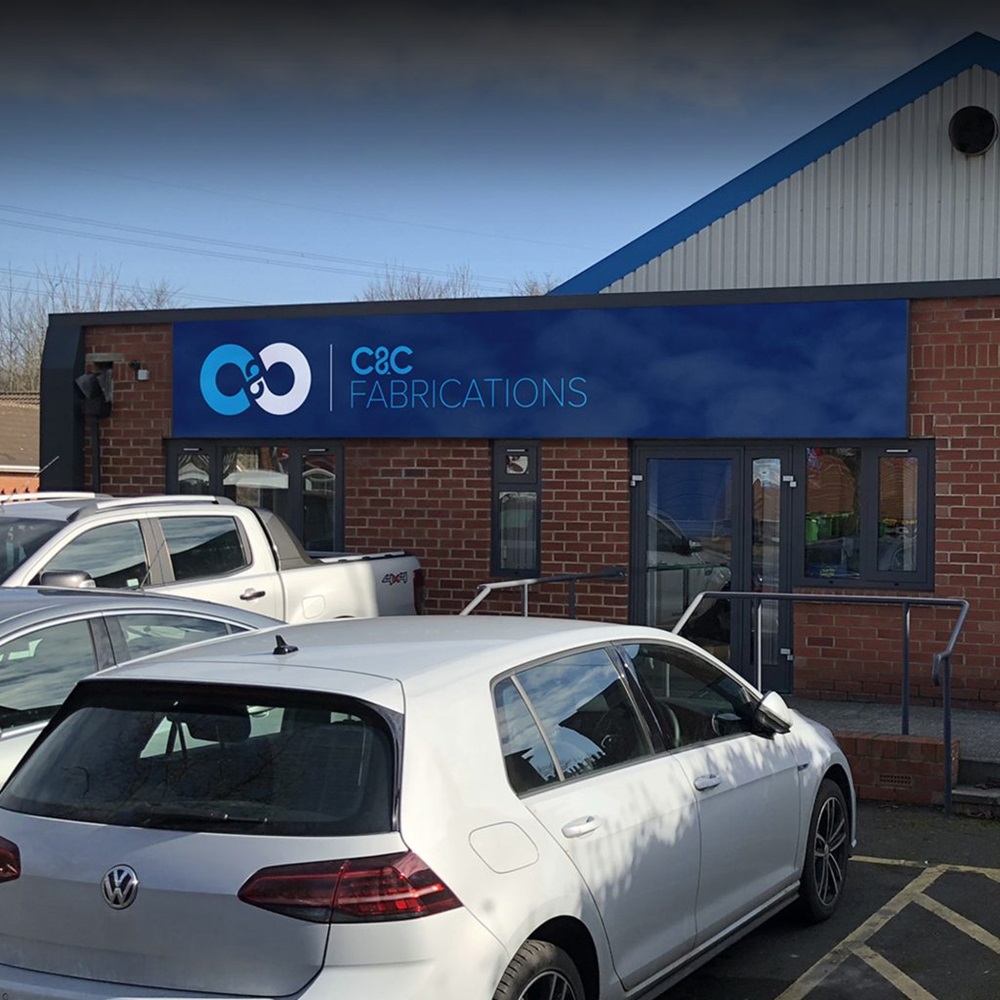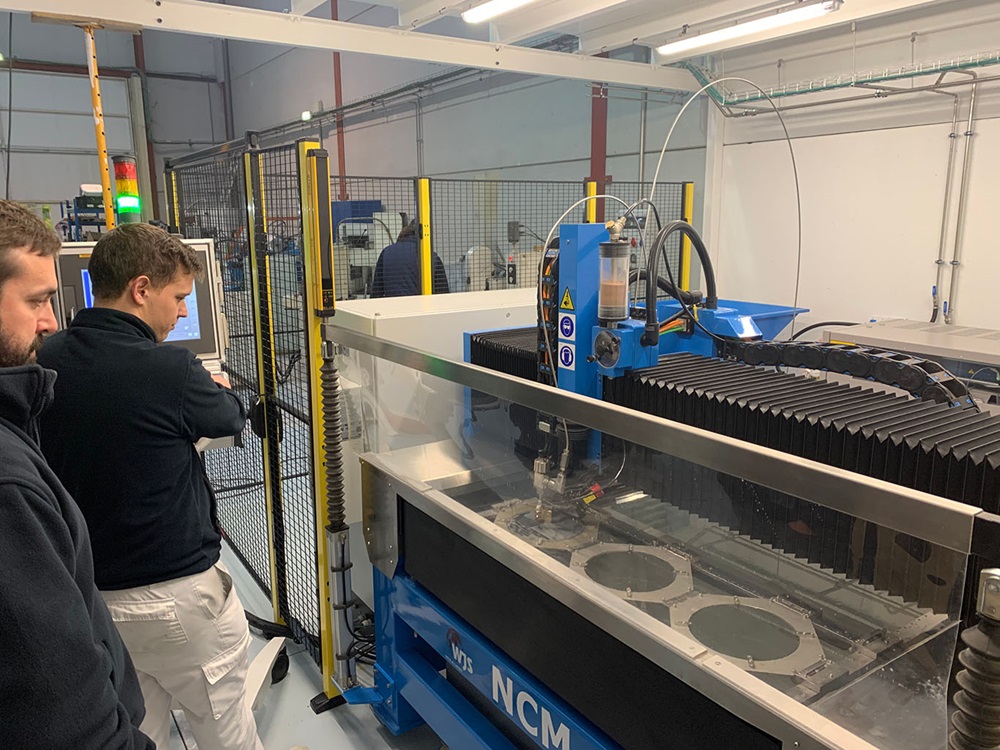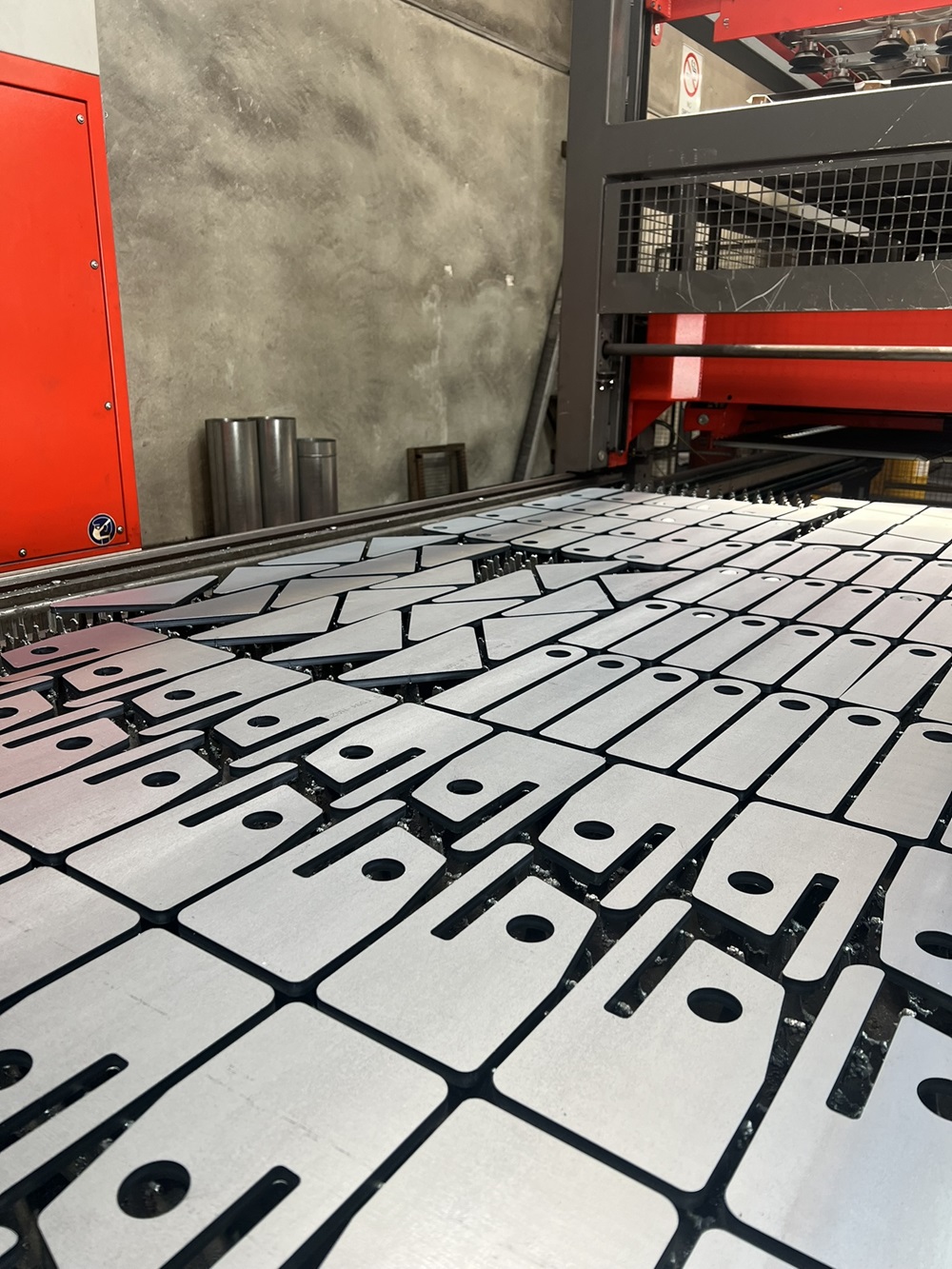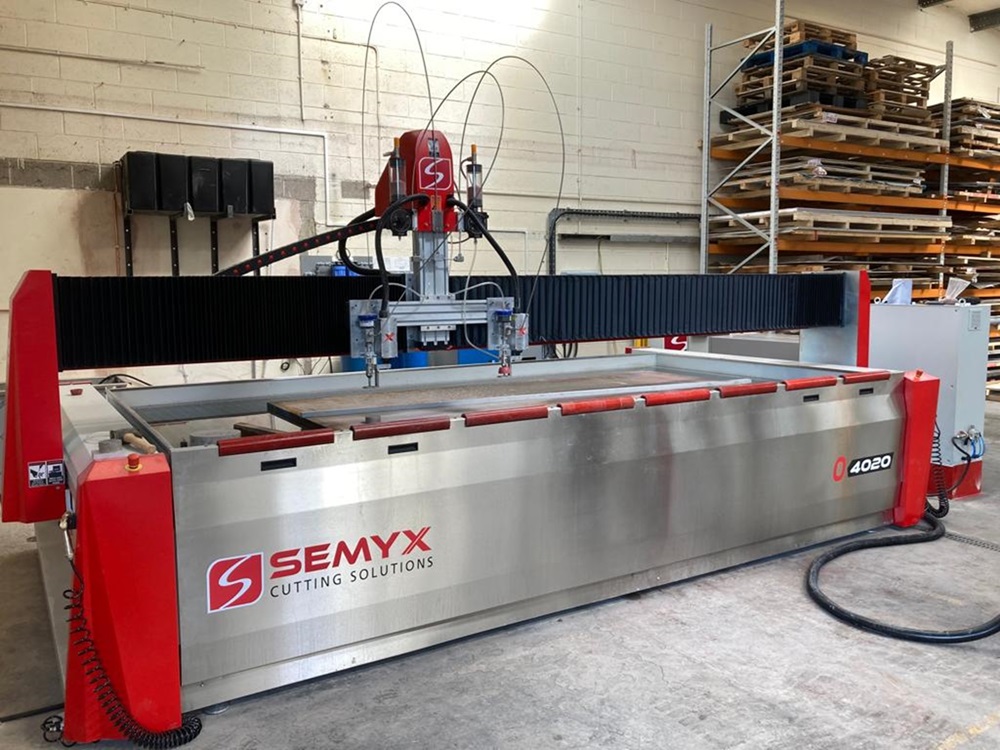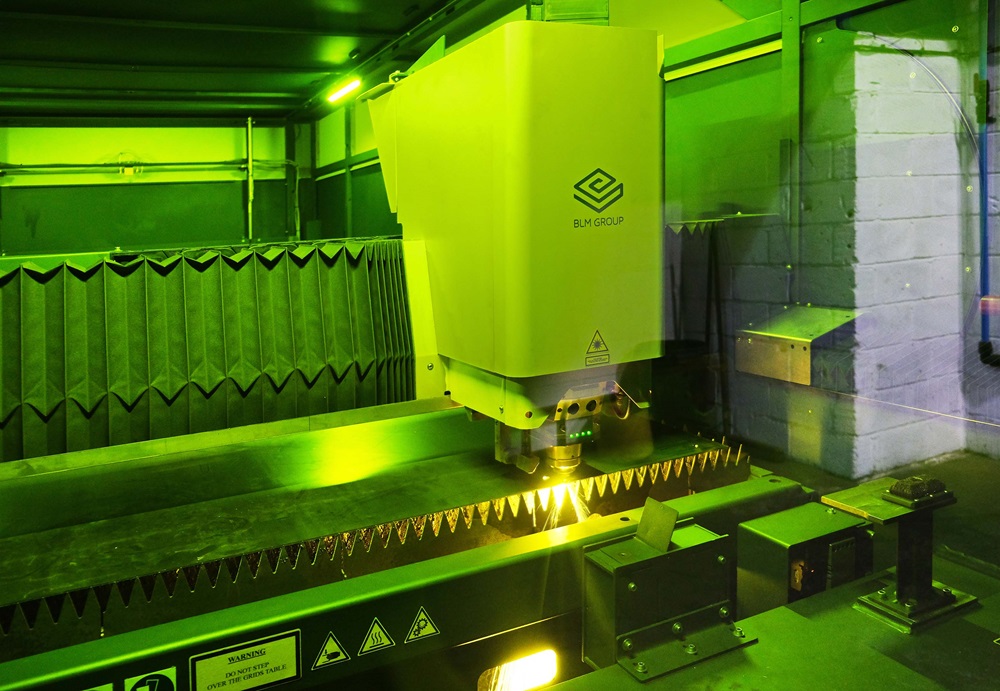Australian laser subcontractor Online Laser can manufacture twice as much as before with the help of Lantek’s sheet metal CADCAM and ERP software. Based in Bendigo, Victoria, the company has two Bystronic Bystar fibre lasers and previously used a proprietary software system, which is now no longer supported, to manage the machines and the workflow through its factory.
Ben Harris, programming and production manager, says: “We were looking for an end-to-end system to manage our quotations, programming and production. With our old system there was no integration and we had to repeatedly enter the same information.”
Online Laser installed the Lantek system in July 2019 comprising Lantek Expert CADCAM, MES, Integra and WOS. This year it added the Lantek Opentalk connection directly to the laser machines so that validation of the status of the machines and the parts being manufactured is automatic.
“The vast majority of parts come as CAD models in several different formats, and we can import them directly into the Lantek software,” says Harris. “The integrated Lantek Expert can quickly analyse the laser cutting times and – within the Integra software – combine them with subcontract costs such as folding, powder coating or machining to produce an accurate price for the whole job. Previously this could have taken a few days, now it can be done in 1-2 hours and sometimes in minutes.”
Where the material type and thickness are the same, the company nests parts from different customers in the same sheet.
“The inventory system is worth the investment on its own,” states Harris. “We can manage remnants of material to use them up and keep track of stocks so that we don’t suddenly run out of material.”
For further information www.lantek.com






